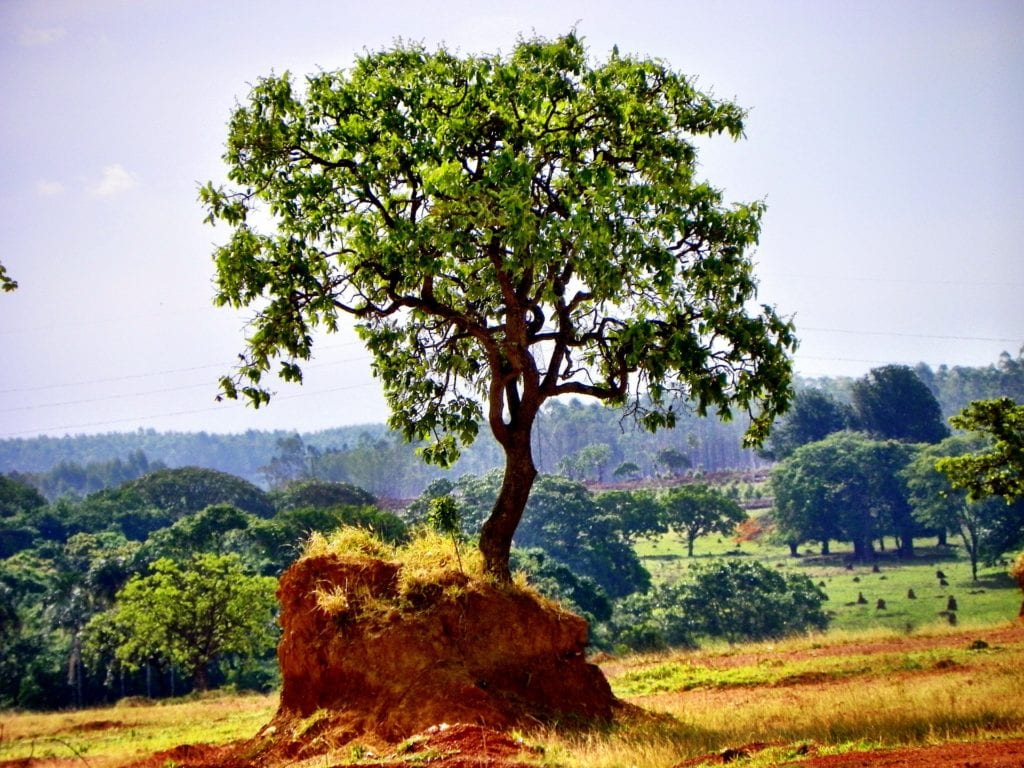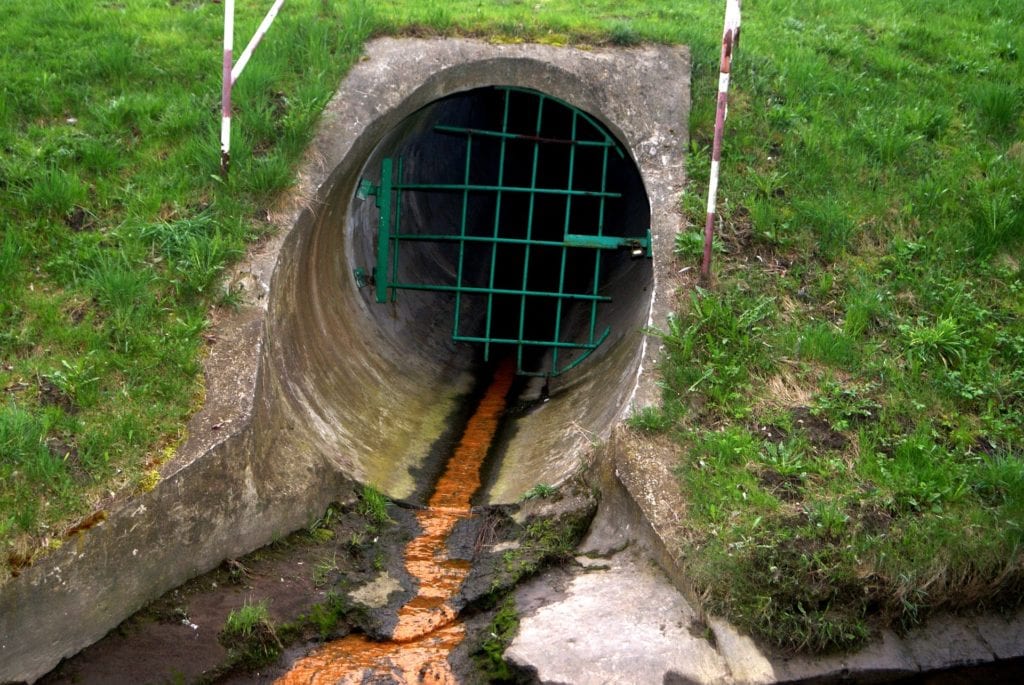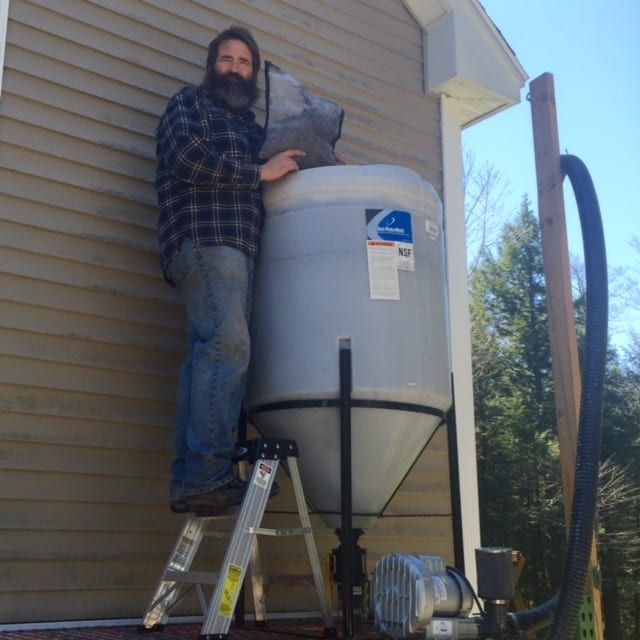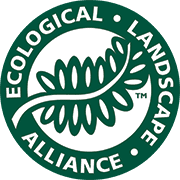by Steve Phillips
As members and supporters of the Ecological Landscape Alliance, we likely have an awareness of the importance of ecology. But do we truly have an understanding of our interdependence on it? We hear the term “regenerative agriculture,” but how does that scale to our everyday lives? As the days of Victory Gardens have passed, so have societies’ connections to each other and our environment. All life – whether found in the soil, water, or air – is bound by a common thread. And realizing our connection in this web of life is the very thing that will save us in times of uncertainty.
As an organic landscaper battling Lyme disease, I see how out of balance our world has become. And as a father who wants to leave a hospitable planet for his children, I wanted to share with you what I see as a solution that we can all be involved with. My focus: Start With the Soil.
Relearning the Role of Soil
Soil life’s connection with plants has made life on this planet possible. Soil life builds upon itself, creating more soil. It filters and cleans the water we drink. All of the water on this planet was here before the earth was even formed, and half before the birth of the sun. It supports and nourishes the plants that clean our air, and provides energy to practically every other living thing. After all, it’s the web of life. And as landscapers, gardeners, and most importantly, indigenous organisms of this planet, we all have a role.

An example of not just how much we have lost, but also the power of roots’ ability to prevent erosion. Lesson: Reduce soil disturbances and promote deep root growth by encouraging soil organisms to build soil structure.
Reductionist science has pulled the threads that connect us to other life away from us. But by watching and learning from nature, we can begin to restore the health of the soil, as well as regain our own health, and that of the planet. Humans are an immature species here on earth; we’ve only been around for about 200 thousand years. Land life began evolving 400 million years before us, and the microorganisms in the soil began forming beneficial relationships with plants, and developed intricate ways of communicating.

Runoff and pollution are growing concerns. Absorbing rainwater into the soil cleans the water. Rain gardens are one example of how to capture rain and prevent runoff.
Jump ahead to the industrial revolution, and this young human species started to forget what older life forms have not. It is around this time that we can start to observe man’s impact on, and neglect of, our fellow life forms – the very life forms that make our own lives possible. The Gaia hypothesis – that the Earth is a self-regulating, complex system in which organisms co-evolve with their environment – explains how life perpetuates the conditions for life on the planet.
Applying Soil Principles
By examining the processes of growing plants the way nature has all along, we can become better gardeners. We can scale these processes from small containers of herbs in the kitchen window, to lawns and vegetable gardens, and even all the way up to large dynamic multistory landscapes. The same principles apply. Instead of reductionist theories of feeding plants and killing bugs, we can now replicate natural growing cycles.

Out of balance, compromised biological systems allow an opportunistic plant to gain the upper hand.
This involves supporting a large, diverse soil ecology that in turn supports plant life. This relationship is so important to the plants that they expend large amounts of their own energy to support soil organisms. In return, plants become more efficient, cleaning the air and producing nourishing food for the animals that depend on them. In all systems, plants, animals, and soil organisms all depend on each other to perpetuate the web of life. Doing our part to be aware of, and care for, soil life, benefits the plants, the planet, and in the end, us, the humans.
Helping Soil Inhabitants
Soil life is made up of bacteria and fungi, and the nematodes and protozoa that eat them. It includes mycorrhizal fungi, and myriads of other organisms that all rely on the exudates from plant roots and the natural replenishment of organic matter. Unfortunately, humans have done a lot of damage to the soil over the years, and many of these soil organisms are currently missing. But it isn’t too late to reverse the damage we’ve done. That is where professional and citizen scientists come in. By being mindful of the types of mulches, composts, amendments, and fertilizers we use, and by eliminating pesticides, we can strengthen soil life and grow healthier plants.
The Homeowner Connection

Liquid Biological Amendments are one highly effective tool for rebuilding healthy living soil.
The most incredible part of my work is helping homeowners. People with families and a yard they would like to be proud of. Every property is unique; they have different uses and expectations. The one piece of the soil food web that is frequently weak or missing would be the beneficial fungi. Soil structure, disease resistance, and nutrient and water uptake can all be improved by creating a favorable environment for soil fungi. Inoculating mycorrhizae into the root zone and supplying “fungal foods” in the form of solid amendments and with compost teas builds strong hyphae in once degraded soil. I find that increasing fungal diversity is also important. I frequently look for healthy native soils with good fungal colonization and use them to increase the diversities in my composts used for teas.
More and more people are seeing first hand how wonderful it is to have a beautiful, ecologically maintained property and to be more connected to it. As the owner and founder of Heidelberg Farms, it is my greatest desire to rebalance the wonderfully intricate natural systems that sustain us. I begin by examining soil organisms under a microscope, and determining what is missing. Then, through the application of liquid biological amendments (compost teas), I am able to reintroduce the missing soil life and build thriving sustainable landscapes. We must always Start With the Soil.
About the Author
Steve Phillips is owner of Heidelberg Farms in Nottingham, NH. To learn more about his work, visit www.HeidelbergFarms.com.
Each author appearing herein retains original copyright. Right to reproduce or disseminate all material herein, including to Columbia University Library’s CAUSEWAY Project, is otherwise reserved by ELA. Please contact ELA for permission to reprint.
Mention of products is not intended to constitute endorsement. Opinions expressed in this newsletter article do not necessarily represent those of ELA’s directors, staff, or members.

